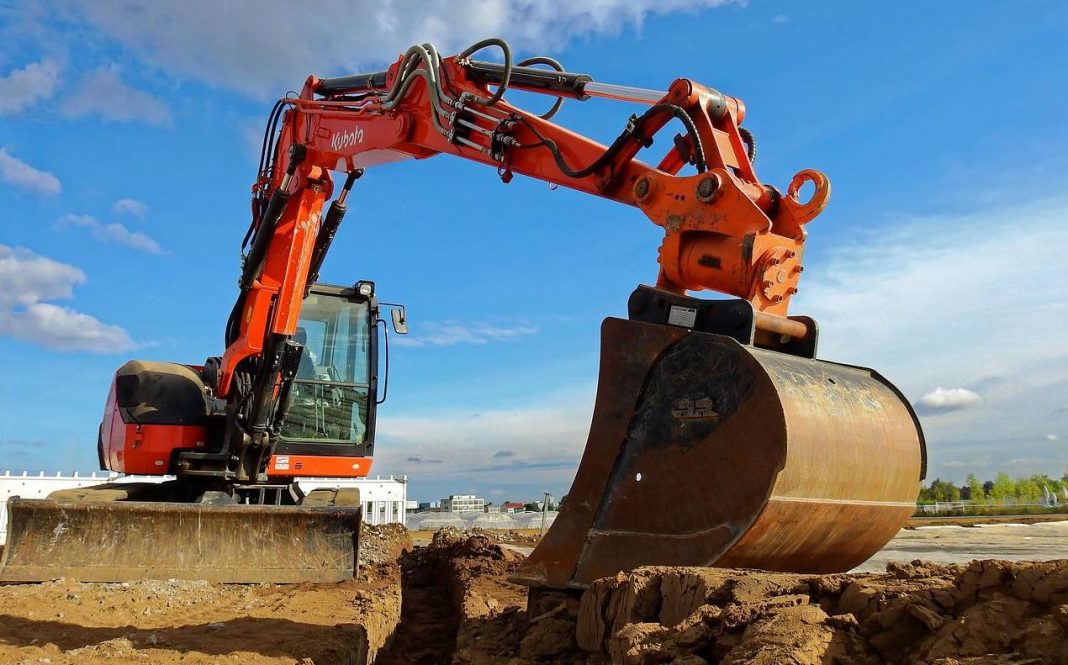Councils across England could soon receive grants to help transform underused and derelict sites.
Under plans announced by the Government grants would refund the costs of Landfill Tax where it acts as a barrier to redeveloping brownfield and contaminated land.
A four-week Call for Evidence will seek views on the need for, and design of, a scheme to support councils overcome the Landfill Tax burden.
The move – which could happen as early as this Autumn – would help build get businesses building more homes and businesses on brownfield sites, protecting the environment and public health.
Environment Minister Lord Benyon said: “This grant will help councils build new homes and businesses on derelict eyesore sites – delivering more homes, and regenerating towns and cities. Landfill tax has done a fantastic job in preventing unnecessary waste – but it’s important it doesn’t act as a barrier to regeneration.”
Exchequer Secretary to the Treasury Alan Mak said: “Ensuring that communities across England have the tools to transform their local areas is central to our levelling up mission. This bold new scheme could remove unintended barriers for local authorities who want the best for their communities, whilst protecting our natural environment from contamination.’
Landfill tax was introduced in 1996 to encourage a shift away from sending waste to landfill and towards recycling, reuse and recovery. It is currently valued at £98.60 per tonne with a lower rate of £3.15 for the least polluting material.
Landfill tax is widely regarded as being successful, with local authority waste sent to landfill in England falling by 90% since 2000. However, in some cases where remediating contaminated land is not possible without sending waste to landfill, the tax can act as a significant barrier to redevelopment.
By targeting grants in instances where Landfill Tax would otherwise have prevented remediation on commercial terms, any scheme would seek to be cost-neutral.
The Call for Evidence welcomes views on how to ensure a grant scheme would not undermine the waste hierarchy or incentivise illegal dumping. Under plans, applicants would need to demonstrate that use of landfill is reasonably necessary, and steps have been taken to minimise the quantity of waste that will be landfilled.



